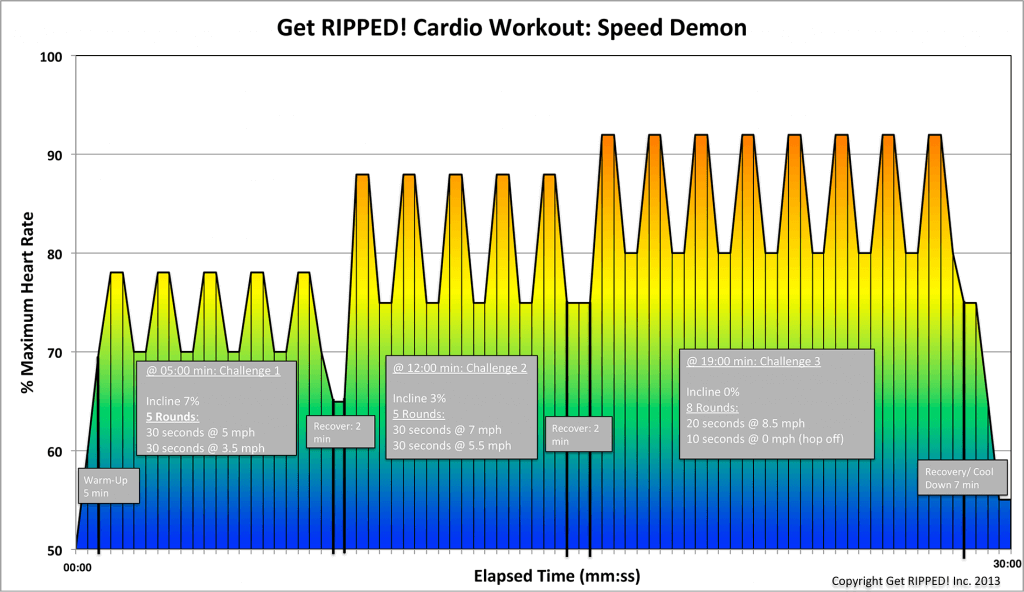Fitness Tips, Nutrition
Intermittent Fasting Versus Calorie Restriction
Many clients in Calgary, Canada, want to get fit and lose weight. Exercise is necessary to do both of those things. Changing your dietary habits is also required for the most success. Is a strict diet and calorie restriction the best way to do that or could intermittent fasting be the answer? If you do intermittent fasting—IF—correctly, it also restricts calories. You might not realize it because it’s a natural restriction, not a forced one.
Exactly what is IF, and how does it restrict calories?
IF isn’t a diet but a way to time meals. You can do it in several ways, but the most common and easiest is to eat all food within an eight-hour window. You start eating later in the day and quit eating earlier. If your food consumption window is eight hours, you would eat your first meal or snack at 10:00 a.m. or 11:00 a.m. Your last meal would end at 6 p.m. Or 7 p.m. The rest of the time, you would fast. Other types of IF include fasting or eating light a couple of days a week and eating normally on the other days. Studies show you eat less when you reduce the time when you do eat.
Traditional calorie restriction diets require more planning.
If you’re eating a calorie-restricted diet, you must plan your meals to reduce your calorie intake. Every morsel you eat has to be logged and counted. It takes more effort than IF since it requires logging every calorie consumed and planning meals around reducing calories. People often feel deprived when on calorie-restricted diets.
Both IF and calorie-restricted diets require a healthy menu.
Even though IF may be easier to do and because of time restrictions, you eat less, both a calorie-restricted diet and IF require a healthy diet. That means eating whole food. With a calorie-restricted diet, you follow a diet plan. When you use IF, you simply focus on consuming more whole foods. For some people, IF fits their lifestyle and makes it easier to stay on target. For others, a more defined program like calorie restriction is the best option. The key is using what works for you.
- People who snack at night often get the most success from IF because it addresses the time when they tend to eat more junk food. It also may make it more difficult to stick with an IF program, so calorie restriction may be best.
- If you have diabetes or another health issue, or take medication, always check with your healthcare professional before using either IF or calorie restrictions. IF may be dangerous for diabetics and not recommended for pregnant or lactating women.
- No matter what type of program you choose, always include a mid-morning and mid-afternoon snack. It can help keep your energy level higher, and you’ll burn more calories.
- For those using an IF technique where you fast one day and eat normally the next, make your workout less strenuous on the days you fast.
For more information, contact us today at Get RIPPED! by Jari Love


